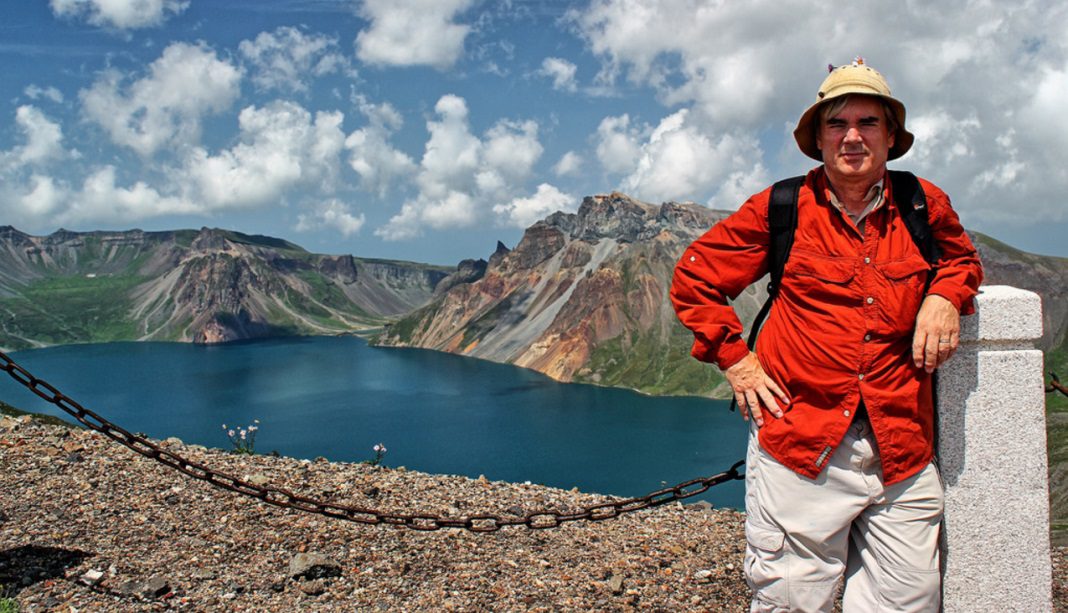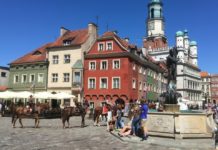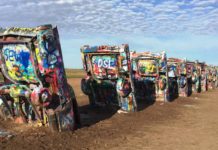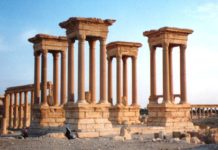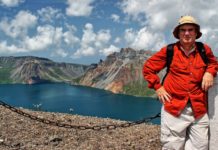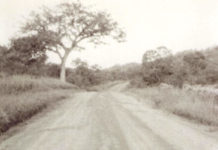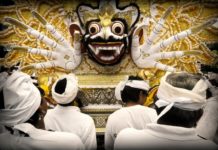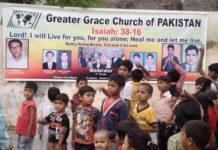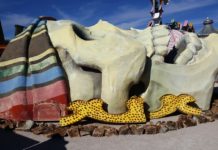[
]
In August 2010, I went on a 10-day tour of North Korea with Koryo Tours, a well-established tour operator that has been bringing foreigners to the reclusive nation since 1993. During our orientation meeting in Beijing, we were asked to select a roommate, and I paired up with a chatty, knowledgeable man named Ray Cunningham. He had already been there a few times, and he was a wonderful source of information. It is no exaggeration to say that I learned as much from him on that trip him as I did from the official guides.
In total, Ray has taken more than 28,000 photos of North Korea, which is officially known as The Democratic People’s Republic of Korea (or DPRK). To see some of his favorite pictures, check out his Flickr page.
“Remember, you are just a few minutes from a major diplomatic crisis at any time on your tour.” – Ray Cunningham
Can you tell me how you developed your love of travel and photography?
As a boy, our family moved frequently, so I never stayed anywhere for longer than a few months. My grandfather loved gadgets, and he had a Polaroid camera that created prints instantly. The thought of capturing fleeting moments fascinated me, so I purchased film for our family’s Kodak camera and used it to explore photography.
By the time I was 10 years old, I had traveled to 15 states and lived in many of them. I found that I could be comfortable in any new location, and I became interested in new places, particularly other nations. My father entered the Army around that time, and I attended high school in West Germany. I began to travel to other countries in Europe, and I always took a camera to document life and the places or people that I might never see again.
How many countries have you been to?
I have been to over 60 countries, most of them multiple times. I tend to travel to regions experiencing political upheaval or change because I find them more interesting.
When I was 16, I went to Yugoslavia for the first time, and I decided that I wanted to travel to all of the Socialist Bloc countries. In addition, I majored in Eastern European studies (history) and East Asia politics (political science) in college. I was shocked by how many of the professors had not been to the USSR, so I made a decision to travel there to experience the societies from below as the people do. I also decided that I would do this alone without a tour group.
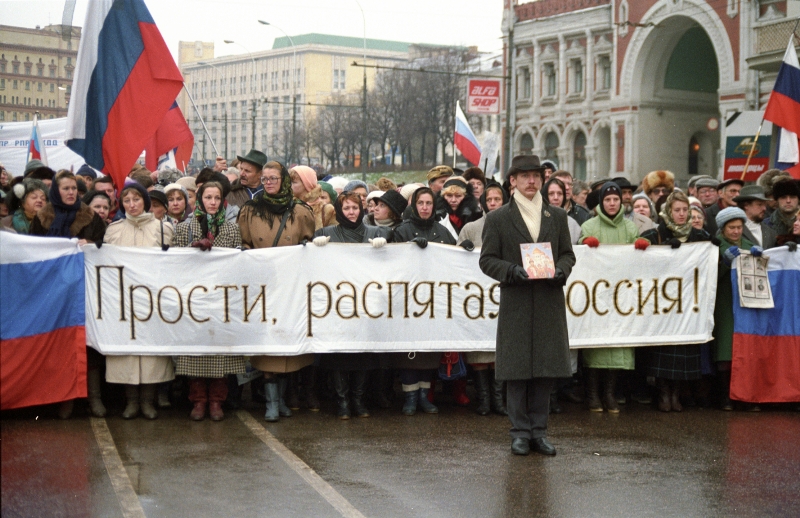
What are some of your favorite countries and why?
I think the Soviet Union and North Korea are the most interesting places I have traveled to. I’ve been to the USSR four times, and one of those times I rode the Trans-Siberian railway in the summer of 1985.
The USSR was fascinating to me because it was a superpower that could not produce a decent pair of shoes. It was a society of tremendous accomplishment, yet people queued for the basic necessities. Someone once explained to me that the socialist system was the greatest free market ever created because by making everything illegal, it made everything possible. The black market thrived, and I always brought in T-shirts, blue jeans, and Michael Jackson cassettes then traded them for rubles and rare souvenirs of the USSR.
North Korea is presently the most captivating society with one of the most oppressive regimes the world has ever seen. Within this society are people who are friendly and hard working, and the country is slowly changing as it moves from Kim Jong-il to his son, Kim Jong-un. Street sellers, formerly forbidden, have become the backbone of a new economy made up of primarily middle-aged women. This new class of entrepreneur is selling all kinds of items, and it’s an amazing phenomenon to observe.
Where are you originally from?
While I was born in New Jersey, I only lived there a few months. Growing up I lived the longest in Hawaii and a few years in Germany. I went to school in Massachusetts, New York, Virginia, North Carolina, South Carolina, Florida, and Washington. I attended university in Utah. Normally, I just tell people that I am from the United States.
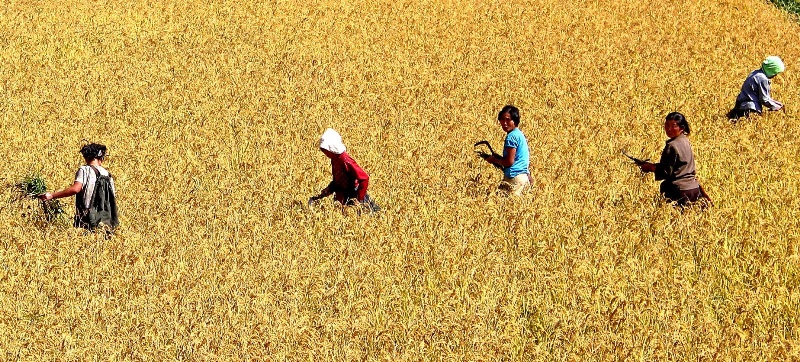
How long have you been married?
I have been married to Christine for 24 years. When I met her she was impressed with my travels to the Socialist Bloc since she was studying it in college. Christine had never traveled to more than a few states, and we decided to go to Tunisia. It was a place that I had not visited, and we had a wonderful time. This year we traveled to rural Romania where we lived in a small village and enjoyed the food and our time with the people.
How many children do you have?
Christine and I have two sons, Jonathan and Paul. We have taken them to China to show them a part of the world few get to see. They appreciated the trip and liked the attention that twin boys attract in Asia.
What is your profession?
I am a records manager by profession and have worked at three universities. I have an interest in imaging which is related to photography.
When was the first time you went to North Korea?
I first went to North Korea in October 2008. At that time Americans were only allowed to be in groups with other Americans. In a way that was better as we were assigned the best guides and treated as diplomats. The groups were small and well behaved.
Is it possible that you have spent more days in North Korea than any other American traveler?
I am not sure, but I have met one person from the UK who’s gone seven times. Most travelers go once to say that they have been there. I prefer to view the society over time just as I did with Eastern Europe, the Soviet Union, and China. Each visit is a snapshot of their society. I particularly like the rural areas where the majority of North Koreans live.
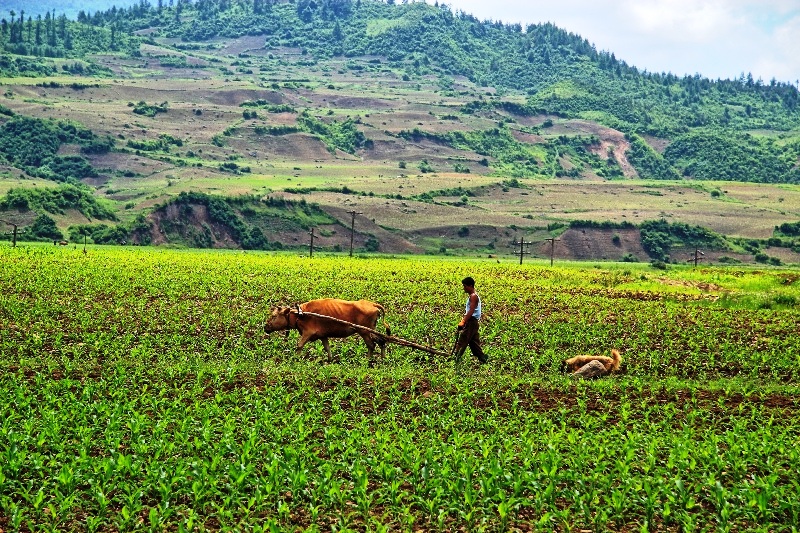
Why do you have such a fascination with North Korea?
I grew up during the Cold War with a father who was moving from place to place as a reaction to various crises. The most distant and elusive of Cold War nations was North Korea. I had applied to visit decades ago, but it wasn’t possible at the time. I met some North Koreans in Siberia in 1985, and I knew I wanted to go. On the 40-year anniversary of the seizure of the USS Pueblo in 2008, I was determined to stand on the deck of that ship, and I did so later in the year.
You have a new photo book called The North Koreans: Glimpses of Daily Life in the DPRK (Primavera Press). How did the project to write it come together?
A publisher contacted me and asked to use some of my photos for a book written by a Korean author. They scrapped the project but inquired about other photographers of North Korea. I suggested my favorite ones: Eric Lafforgue and a member of the German diplomatic staff who used a pseudonym.
“If you have not been to the country and have not been in the fields with the rural people, how can you have opinions on the society?”
I knew them by reputation. I have been observing photos on the internet of the DPRK since 2007, and it does not take long to find photographers who have a sizable library and the best photos representing life in North Korea. A few other people I know also submitted photos as well.
What are the most noticeable changes since your first visit and your last visit to North Korea?
My first visits were under Kim Jong-il, the son of the founder Kim Il-sung. The food situation was difficult for the locals, and there was an air of uncertainty. Fast forward six years and there was a noticeable difference in the mood. More people smiled and for the first time the local people, even in the rural areas, would approach foreigners. I saw more private sellers preparing and selling food on the street. One never saw that under Kim Il-sung.
What are some of the most memorable moments of all your visits?
I think that the visit to Hamhung was particularly memorable. I was in the first group to go there, and we saw a performance of the opera Tell O’Forest at the Grand Theatre. The show was incredible, and I now know that it is very rare for foreigners to see this type of entertainment.
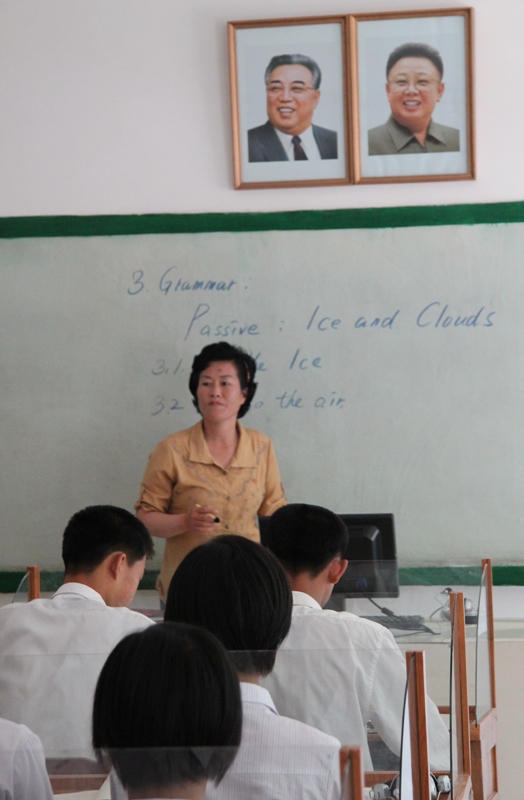
Another was an invitation to tour the Kim Il-sung Military School, a training school for North Korean officers. Prior to our visit, the only foreigner who had ever been there was a military attaché from Iran. The people in charge told us to leave our cameras and phones behind. We heard what they tell their military officers about the opposing forces, and I was intrigued. This was something no one had seen, and they answered most of our questions. We were very grateful and spent liberally at the gift shop, such as it was.
You say on your Flickr page, “I do not believe what I hear about any particular culture or economic system unless I have been there.” What is your current analysis of North Korea’s culture and political system?
Too many people who have never been there are passing themselves off as “experts” on North Korea. I am not an expert on North Korea, and I have met few people who are. North Korea is now experiencing more change than at any time in the last 20 years. If you have not been to the country and have not been in the fields with the rural people, how can you have opinions on the society?
I am very skeptical of anything coming out of South Korea about the North. We need to understand that the traditional press releases about North Korea come from Seoul. By dominating the stream of information, the South controls many of the perceptions of the North.
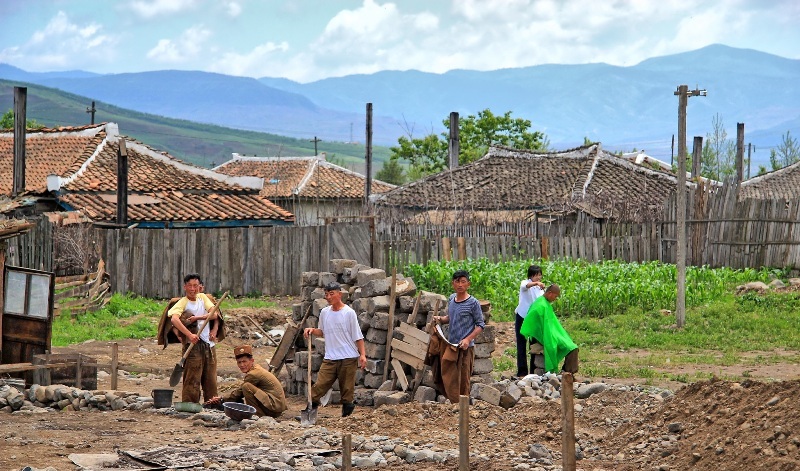
Understand that most of what we knew of the USSR was exaggerated and wrong. The West built them up to be powerful, yet so much of the infrastructure of the Soviet Union was rotting. As the locals said, “The USSR is Upper Volta (now Burkina Faso) with Rockets.” North Koreans today are living in a society built up by Kim Il-sung 25 years ago. Everything is in short supply, and yet people seem to be optimistic that things will get better.
The political system has to a degree liberalized, but change is glacial in North Korea. The regime is promoting development in Pyongyang with new apartments and public spaces, but what about the countryside? How is life changing for the average person? That remains to be seen.
What do you think are the fundamental differences between Americans’ preconceived notions about North Korea vs. what it’s actually like on the ground there?
North Korea is Korean. To be a Korean nation means it is unlike a European one, and the notions of leadership and human rights are entirely different. We need to understand that this society has been closed for decades. Korea was not a nation until 1945 and was under the heel of Japan for decades before. Many of the trappings of what it means to be a nation are derived from Imperial Japan.

How do you try to avoid getting sick while you’re there?
When in North Korea I have had few problems with the food. The restaurants catering to tourists are clean and well-run. When in less developed nations I tend to narrow my diet, particularly in the Middle East and rural Asia. Rice and well-cooked chicken are favorites, and I avoid cold dishes.
“To cross into North Korea illegally is crazy. I have no sympathy for anyone breaking the known rules.”
I have had success with purchasing vegetables at the local markets and making salads. Most of the food in the world seems to be much better prepared today than it was 35 years ago. Bottled water is more available worldwide. Undercooked food and untreated water should be avoided. One thing I do is bring a variety of medications for any eventuality.
I remember you brought a lot of American snacks in your suitcase. What are the things you bring with you that are really important?
The food in North Korea can get a bit monotonous at times. I once lost 15 pounds on a three-week tour. I recommend that you bring something with you that you are familiar with. While I love Asian food, in the remote areas the food can be at times minimal. Anyone going on a long tour should bring snack food. This is a society with no salt, sugar, or cooking oil. I bring beef jerky, a few cans of soda, and bags of potato chips.
What are some of the Western amenities you can find in North Korea?
In the diplomatic club in Pyongyang, Coca-Cola is available, and in the larger restaurants you can find Coke, Fanta, and Sprite. The beer in North Korea is quite good and is served cold.
What are the current restrictions and challenges to foreign travelers who are visiting?
For some travelers the restrictions of the tours can be challenging. While photos in Pyongyang are unrestricted, photography outside the capitol is limited. Much of this will depend on the guides you are assigned to. Some do not care; others say, “No photography.” Phones are now permitted, but unless you purchase a SIM card in the country, they are useless.
As the guides get to know you, they become a bit more permissive in the activities in which you can participate. My best advice is to do as you are told, ask respectful questions, take in what you see, and do not cause any trouble. Remember, you are just a few minutes from a major diplomatic crisis at any time on your tour. If you have any questions about what is right and wrong, just ask the guides.
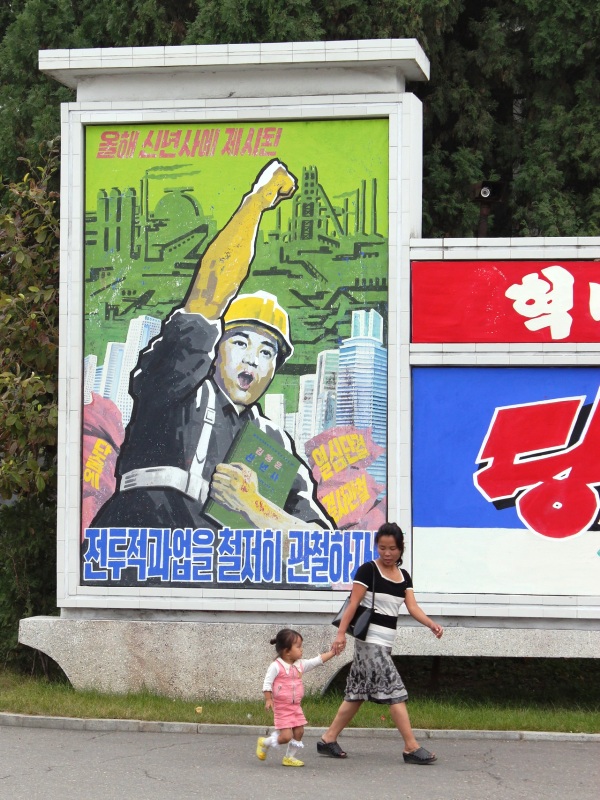
There are about a dozen Americans who have been arrested in North Korea since 2009. People like Euna Lee and Laura Ling who illegally entered North Korea could have simply signed up for a tour and learned volumes about the country. Jeffrey Fowle got arrested for leaving a Bible in a restaurant. There is also the saga of Otto Warmbier, who stole a poster from the lobby of the Yanggakdo Hotel in Pyongyang and received a sentence of 15 years hard labor. I shared a hotel room with you at that exact hotel, and we both know that the gift shop in the lobby has some amazing souvenirs. My question is, what do you think about all of this?
I have spoken to some of the players involved in the incidents described, so I do have some knowledge of what transpired.
I believe that I am a guest in North Korea, and while I may take a photo or two that is not flattering, I would never think of breaking what I know are the ground rules for being there. Americans are under extra scrutiny. We are oriented before we go in, and we are oriented when we arrive. The members of the affected tour groups were not happy that their well-being was also jeopardized by what Jeffrey Fowle and Otto Warmbier did.
Vandalism, theft, and distributing religious literature are especially frowned upon. Also, understand that some infractions, such as those described, are beyond the guides’ ability to prevent the security apparatus from detaining someone. The Korea International Tourist Company (KITC) cannot do anything once the legal system gets involved.
I have had to keep my eye on several tourists, and I roomed with one who was a bit irresponsible. But I was glad to share a room with the less experienced traveler at the request of the tour company.
To cross into North Korea illegally is crazy. I have no sympathy for anyone breaking the known rules.
As someone who is so familiar with the Cold War and its players, do you have any concern about North Korea’s nuclear weapons program or their threats of a nuclear confrontation with America?
There always should be deep concern when discussing weapons of mass destruction. The DPRK’s ballistic missile capabilities remain in doubt, and the party members I have spoken to emphasize that their nuclear program is a deterrent. The country has learned the lesson of the Iraq war: if Saddam Hussein possessed a demonstrated nuclear weapon, then the West would never have intervened.
The North Korean government desperately wants direct talks with the United States outside of the six-party talks framework. They also desire a peace treaty from the Korean War and recognition from the United States.
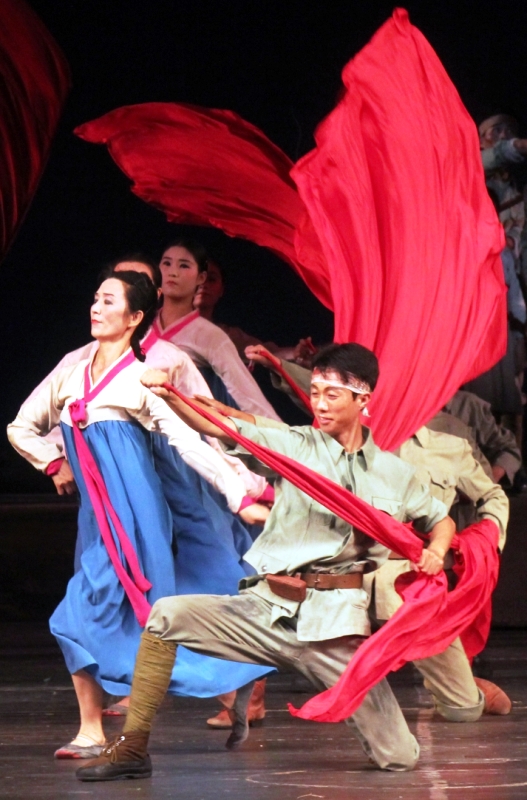
There is always a danger of miscalculation from all sides on the Korean peninsula. Consider the present crisis with President Park Geun-hye in the South. Instability can come from any of the players. There are so many factors in this part of the world that simple solutions do not apply.
Do you think there is any real possibility of the reunification of North and South Korea? Why is this so difficult to achieve?
The Korean Workers’ Party leaders I have spoken to believe it is possible but over a long period of time, probably 80 to 100 years.
From the Chinese perspective the status quo is much better because a united Korea would be a regional power, and the first confrontation would most likely be over Yanbian, the area in China where 4 million Koreans live. Some maps show it as part of a unified Korea. In addition to this, consider the 15 million North Korean workers who would quickly displace 15 million workers in China – competing for lower wages in a geopolitical location that favors Pacific trade.
“The beer in North Korea is quite good and is served cold.”
From the Japanese standpoint the status quo has great advantages because a united Korea would take from Japan’s global position in manufacturing and technology. Korea would become a global superpower that could cause regional instability.
The North Koreans want to unify and become one Korean nation. What they fear is the loss of their culture to a global one that they say would be unrecognizable. The Koreans, like the Chinese, suffered brutally under Japan and fear Japanese culture or economic dominance, but China eventually recognized the influence of Japanese culture. In North Korea they are aware that the Japanese are the same regime that invaded and oppressed them in the past.
Opening up globally would cost the North, and they are quite aware of the loss that they would suffer. People would have a very different view from the one they have now, and the nation would lose some part of their unique Korean culture.
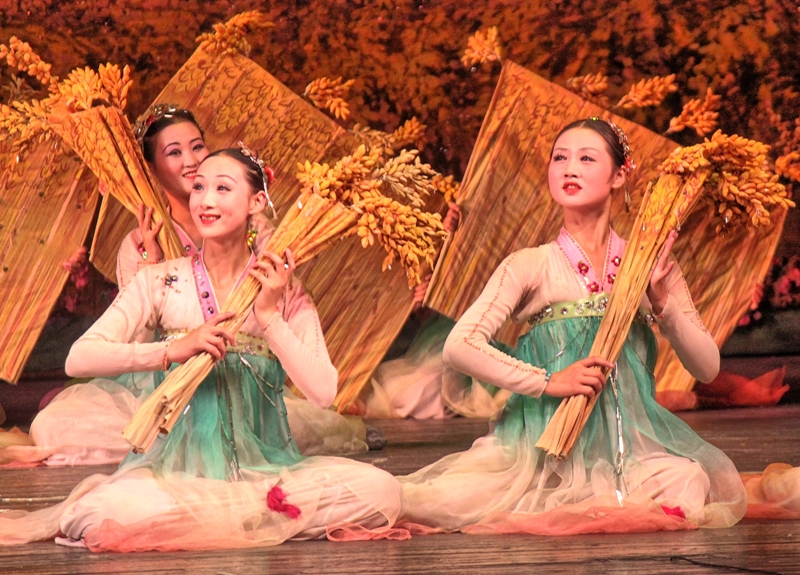
What do your friends and family think about your trips?
My father loved to travel and served two tours in Vietnam. He was very proud of my travels, and I know he would be pleased to see that I have increased the frequency. The rest of the family is envious and want to go.
You live in a pretty small town. Are you kind of a local celebrity there?
I am the mayor of Homer, Illinois in Champaign County. People know that I visit some very strange places, but nobody has ever questioned me about it. Sometimes, I speak to local civic groups, and I’ve had a showing of my photos at the University of Illinois.
Have you met a lot of Americans during your visits to North Korea?
I have met Americans in other tour groups, and I am most interested in why they go and what they think. Many of them say it is one of the countries on their list or they are just curious. Some have an academic interest.
What advice would you give to someone who wanted to visit North Korea?
I am occasionally asked this on Reddit or Quora, and I always encourage people to go. I tell them to take a look at the itineraries that the tour companies offer. Independent travel to North Korea is not allowed, and most groups travel from Beijing. If someone has not been to China, I suggest a tour of China first. To understand the context of North Korea, it is best to have a view of rural China. I also advise anyone who wants to go to North Korea to first take a basic tour of Pyongyang and the DMZ.
NOTE: For travel to North Korea, Ray Cunningham recommends Koryo Tours and Young Pioneer Tours.
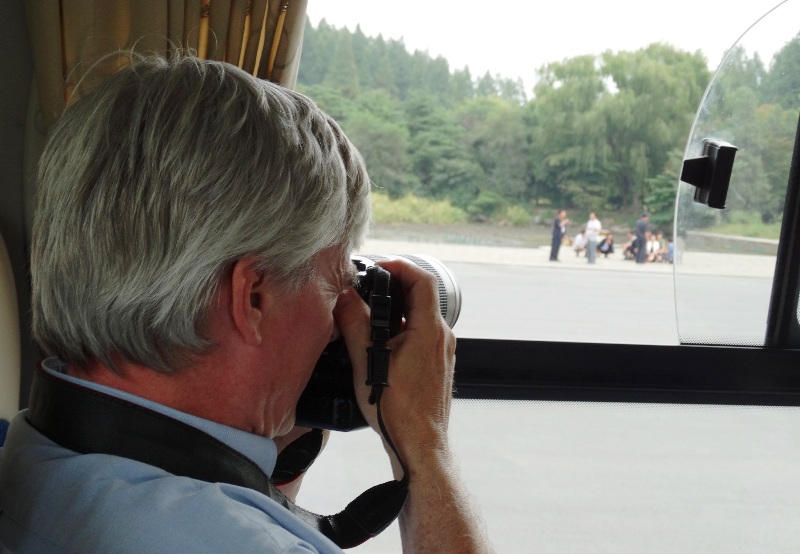
What is your best travel advice in general?
Some of the things I advise people to do when traveling include:
- Make an effort to learn the language. I bring a dictionary and study guides. I write down phrases, numbers, and helpful words. This can open doors.
- Check your destination for local cultural events. Holidays and events are a wonderful way of learning about a culture.
- Attend an opera or ballet. While sometimes difficult to obtain tickets, the rewards are worth it.
- Go to the less traveled locations. Where do the local people go to eat or relax?
- Visit the local market or market square. I have learned so much from them as to commodity prices, living conditions, and food.
- Be flexible. Rigid schedules often mean lost opportunities. If a festival is going to occur after you leave, try to stay.
- Meet people and learn to be a good listener.

